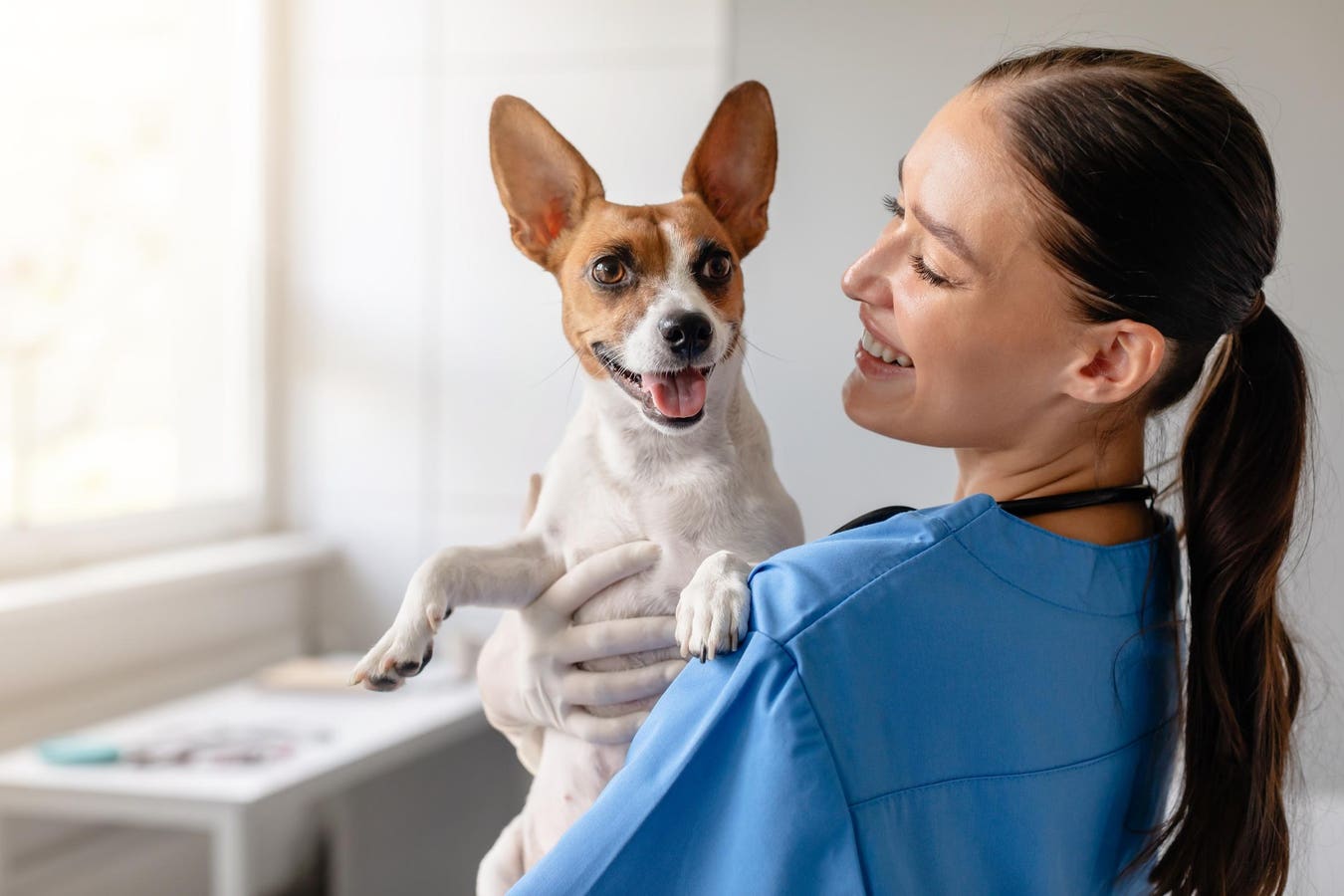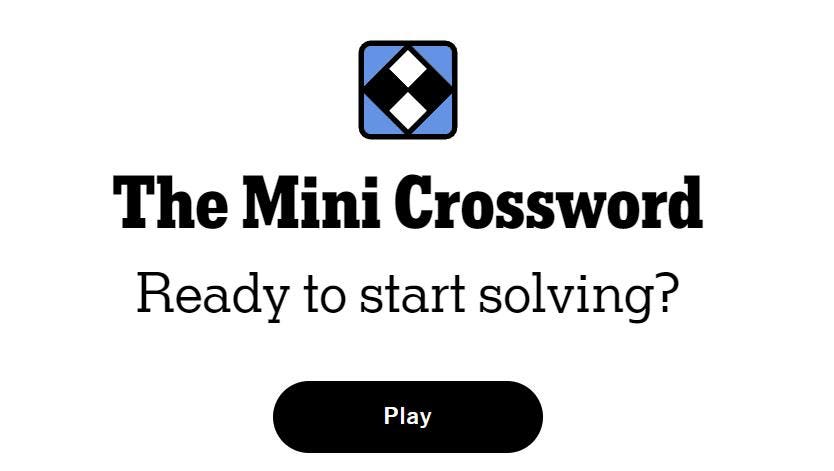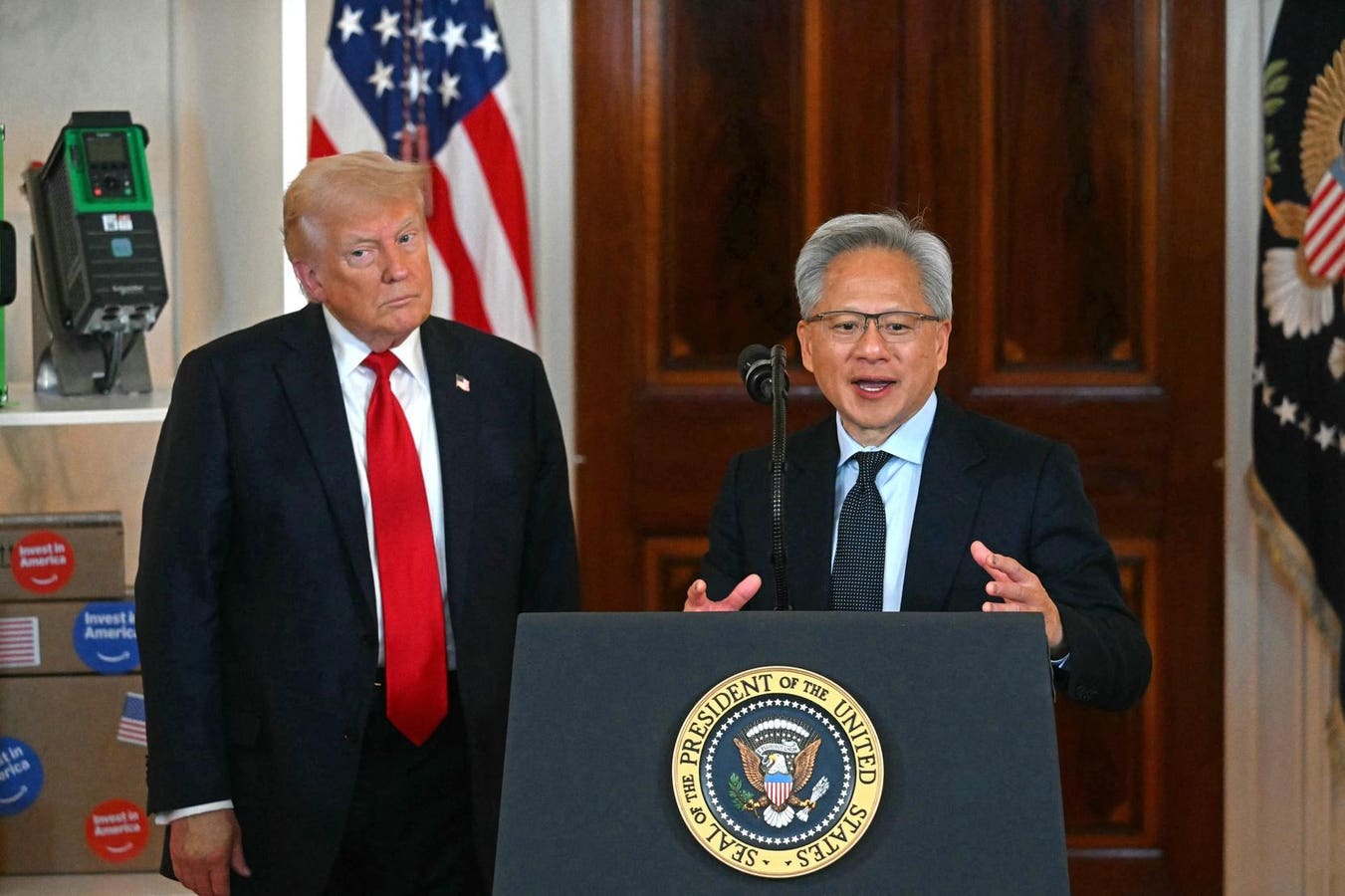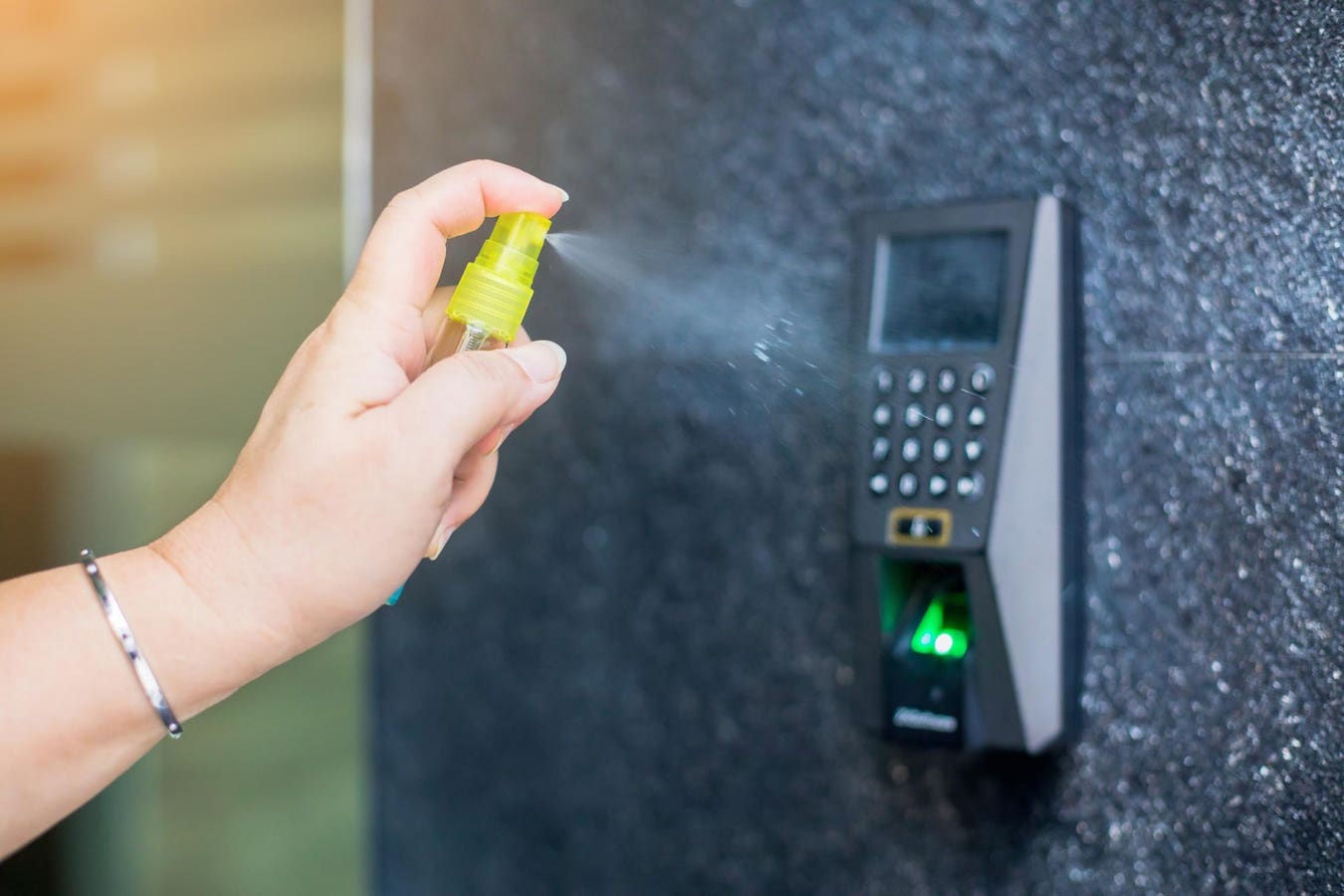Veterinarians work long hours to care for pets.
As World Veterinary Day approaches on April 26, thousands of veterinarians and their teams are making plans for the upcoming Race Around the World. Some will swim, kayak or head out on bike rides. Many will walk their dogs. Some hope to spend more time riding horses or join exercise or yoga classes. One woman loves to take her turtle, Gino, on outings and share photos on social media.
“We’re really talking about movement of any kind — just what makes you feel better, what gets you out and about and giving you a better perspective,” says Gigi Tsontos, licensed clinical social worker and executive director of Not One More Vet (NOMV), the nonprofit that hosts the event.
That movement takes place the entire month of May — Mental Health Awareness Month — to raise awareness and funds to support mental health and wellness in the veterinary profession. Last year, veterinary professionals in 23 countries logged their movement for supporters, who could pledge a flat donation or a certain amount of money per mile – and raised over $100,000 for NOMV.
“One team alone had close to 10,000 people,” she says. “It really is global. We’re trying to let people know how they can support themselves and each other.”
Throughout the race, NOMV shares resources and tips with participants, from 60-second videos about why movement is beneficial, to mental health tips and advice for kind communication.
The Challenges Faced By Veterinary Professionals
The fun event works to counteract a serious issue: the prevalence of suicide in the veterinary field. NOMV started in 2014 as a private Facebook group to offer support to veterinarians after prominent veterinarian Sophia Yin, DVM, died by suicide. It’s grown to over 41,000 members and the nonprofit offers peer support, financial assistance, educational materials and wellness resources to bolster mental health in the profession.
“They’re going into it because of the love for animals and helping them,” Tsontos says. “The way humans treat their animals now is much more like part of the family. So it’s all emotional conversations going through the day.”
A veterinarian examines a kitten with a stethoscope in an animal hospital.
Veterinary professionals work long hours in a physically demanding job. Veterinarians often carry student loans from earning a Doctorate in Veterinary Medicine (four additional years of study) but don’t earn as much as their counterparts in human medicine, so their debt-to-income ratio can be daunting. Providing euthanasia services can also take a toll.
“Within a day in a companion animal clinic, you’re seeing so many different things. They might have a kitten appointment and then have to do a euthanasia, and sometimes the euthanasia isn’t necessarily a medical reason. It can be because of expenses and things like that,” she says. “Equine vets and other large animal vets are experiencing high caseloads in unique settings. They’re getting called in the middle of the night. So it’s a taxing environment.”
The coronavirus pandemic exacerbated stress levels as some clients grew combative over curbside protocols and other safety precautions, according to Tsontos.
“The way that the public interfaces with them can be really challenging,” she notes.
Supporting Veterinary Teams
So NOMV shares tips for “pet guardians” about communicating with veterinary professionals. Tsontos can relate to the stress of a beloved pet being sick or facing an emergency — she has three dogs named Monty, Mimi and Izi, and two cats called Sigi and Oli — but reminds herself and others to be kind when dealing with a veterinary team.
A veterinarian cares for a Bernese mountain dog.
She suggests mentally preparing when a pet needs help by considering financial parameters and calmly communicating any financial concerns or constraints to the veterinary team upfront, so they can try to develop a customized treatment plan.
“If you know something is wrong, it’s not going to be a $20 visit,” she says. “Be prepared to have the conversation. Understand that the vet and their team want to do the best for your animal, and they’re going to give you options. Some sticker shock might happen, so be prepared.”
Tsontos is encouraged by the 2023 Veterinary Wellbeing Study by Merck Animal Health and the American Veterinary Medical Association that found increased focus on supporting mental health and wellness in animal hospitals. She hopes animal lovers will support their local veterinary teams by participating in the Race Around the World or simply understanding the challenges faced by veterinary professionals and responding with compassion.
“I always try to remember they’re human,” she says. “They’re doing the best that they can.”
If you or someone you know are contemplating suicide, call the free, confidential 988 Suicide & Crisis Lifeline by dialing 988, or visit: 988lifeline.org.








